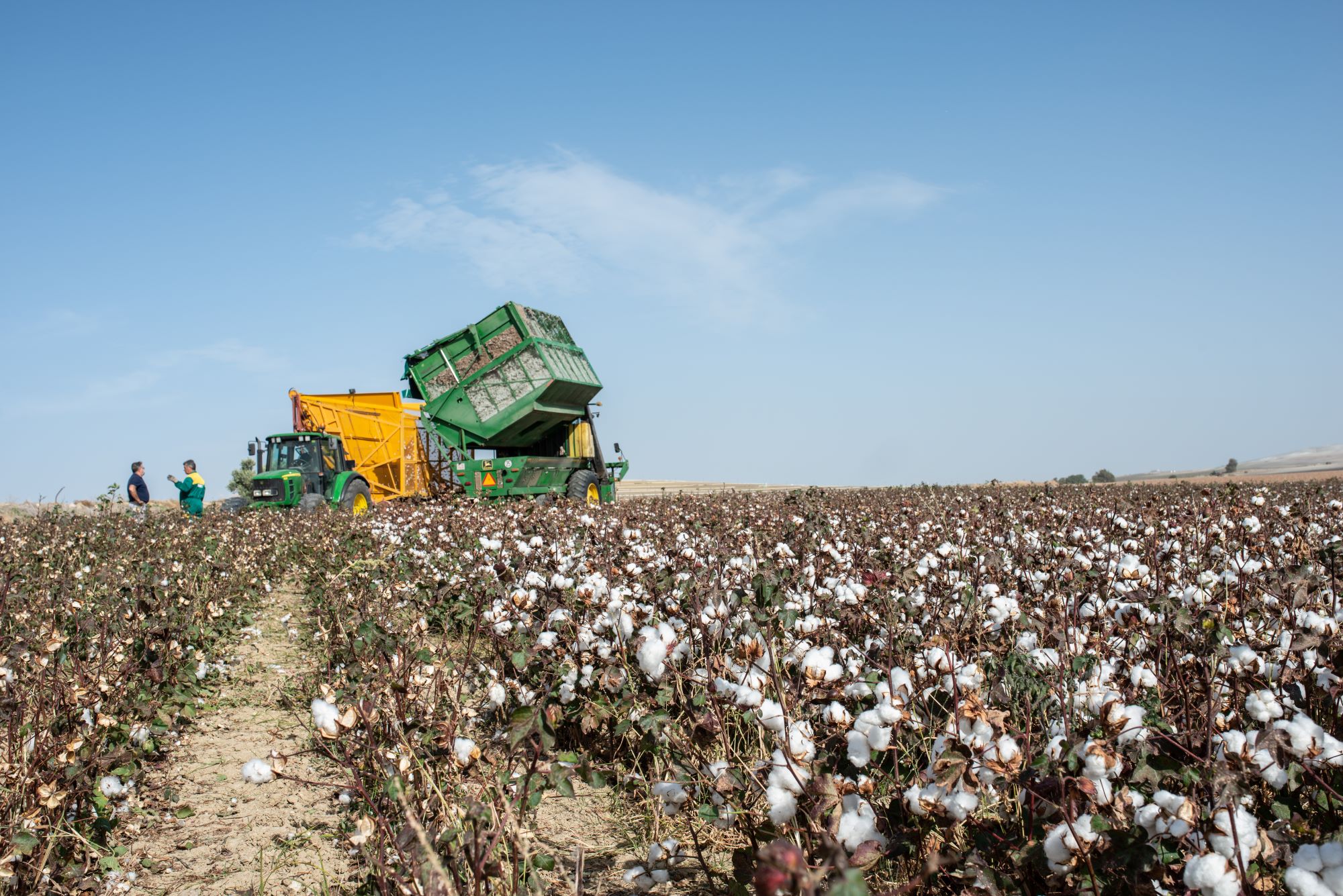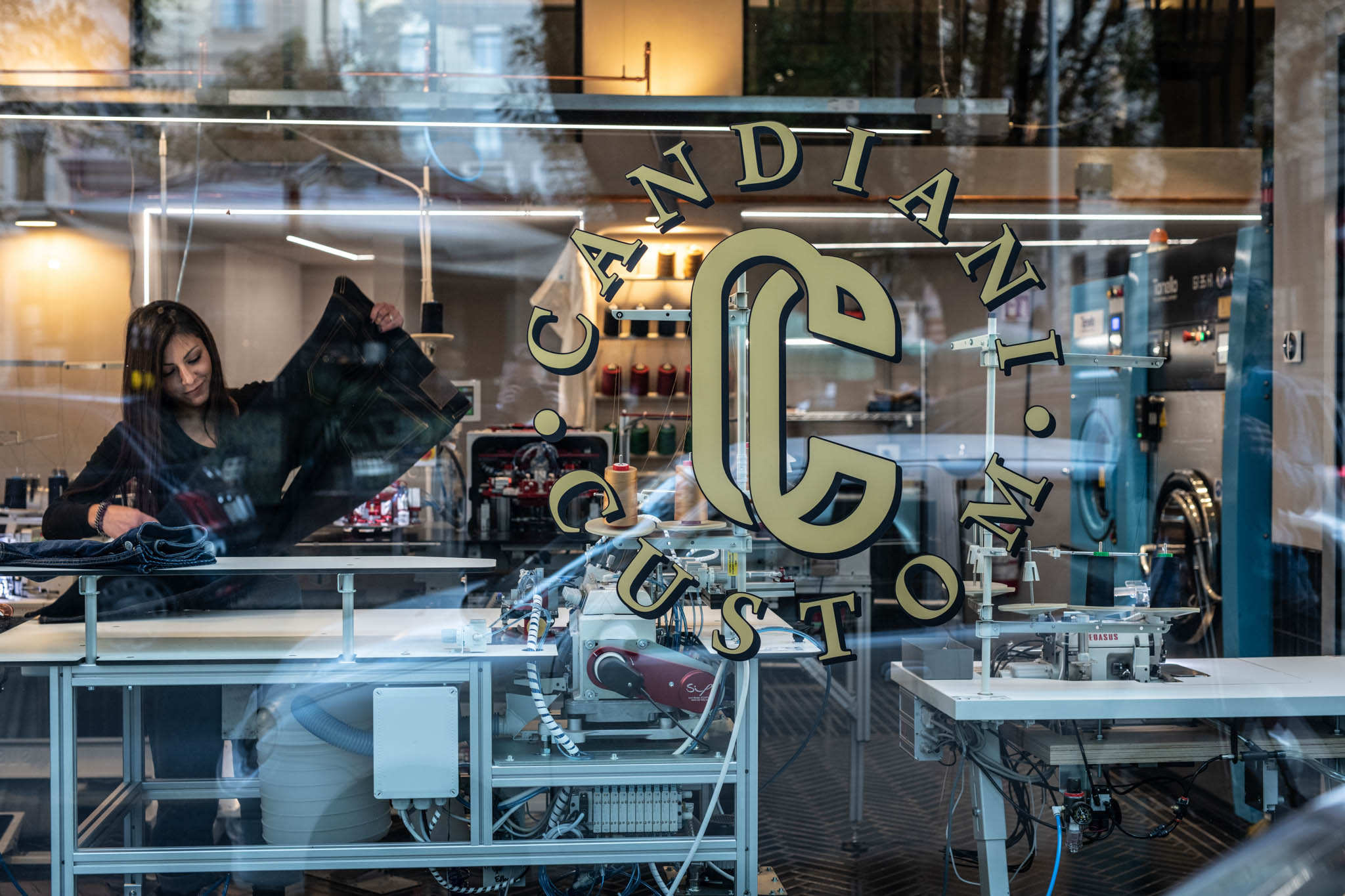The fashion industry is facing mounting pressure to embrace more sustainable practices, and denim, a staple fabric, is no exception. With growing consumer awareness and increased regulatory oversight, the future of sustainable denim fabric production is expected to be influenced by various initiatives and regulations.
Introduction to sustainable denim
The sustainability of denim production depends mainly on two factors: where fabrics are made and how they are made.
The environmental and social impact of denim production depends heavily on its geographical origin. The respect for human and labor rights varies significantly around the world. In some areas, workers still have to endure unhealthy and unsafe working conditions and receive low wages, and harmful chemicals and materials are used and released into the environment. Additionally, shortening the value chain and producing items close to the place where they will be sold reduces their carbon footprint.
The changing regulatory framework in Western countries is influencing the future of sustainable denim fabric. Specifically, the European Union is working on a textile strategy that aims to hold companies accountable for their environmental and social impacts. This strategy also promotes sustainable production, sales, and consumption models, reduces waste through circular design, improves traceability, and empowers consumers to make informed choices while combating greenwashing.
Some notable examples include the European Parliament’s ban on the destruction of unsold clothes, footwear, and accessories, as well as the introduction of a Digital Product Passport. This passport provides consumers with greater transparency regarding materials, manufacturing processes, and even tips for repairing and extending the lifespan of products.
The impact of denim is influenced not only by geography but also by production technologies and materials, starting with cotton, which is the cornerstone of denim fabrics. Preferred fibers, such as regenerative and organic cotton, are becoming more popular because they reduce the environmental impact of conventional cotton. Bio-based alternatives are also replacing traditional, harmful synthetic chemicals in the dyeing and finishing processes.
The latest technologies and equipment are focused on reducing water, energy, and chemical usage, as well as minimizing waste. Recycling programs are gaining traction to reduce the large amount of textiles that are discarded annually, which amounts to around 16 kg per EU citizen.
Benefits of eco-friendly denim
The denim industry is known for being highly dependent on water and energy. According to Levi Strauss & Co., the production of a pair of Levi’s® 501® jeans consumes approximately 3,781 liters of water and produces around 33.4 kg of CO2 emissions from cotton cultivation to domestic washes. Additionally, various chemicals are traditionally used in the process of growing cotton, dyeing yarns, and finishing jeans, some of which can be harmful to both people and the environment when released into water sources such as rivers, lakes, or oceans. The usage of water, energy, and chemicals can vary significantly based on denim dyes, washes, finishing treatments, and the frequency and equipment used for domestic washing.
Eco-friendly denim production reduces the industry’s carbon footprint, starting from the cotton seed. Preferred fibers are grown using farming techniques that protect natural resources, enhance biodiversity, and restore soil health. The use of recycled fibers can also decrease the need for virgin raw materials. Furthermore, progressive technologies and machinery are engineered to save water, energy, and chemicals compared to conventional processes, as there is a growing awareness about sustainable practices, and innovation can only go hand in hand with sustainability.

Sustainable production processes are also about social responsibility. Traceable and transparent supply chains guarantee that no one involved in denim production suffers, including the environment, and that workers are treated fairly, can benefit from healthy and safe work conditions, and receive a living wage.
Finally, the demand for sustainable products is expected to increase in the near future. Despite the fashion industry being heavily focused on low prices, consumers are showing a growing interest in eco-friendly products. According to a study by PwC, 85% of consumers are feeling the negative effects of climate change and are therefore prioritizing sustainable purchases. Additionally, 80% of consumers are willing to pay an average of 9.7% more for products that meet specific sustainability standards, such as being locally sourced, made with recycled or eco-friendly materials, or produced in a supply chain with a low carbon footprint.
Consumers are taking personal actions to reduce their environmental impact, such as making more thoughtful purchases to lower their overall consumption (43%), changing their eating (32%) and travel (31%) habits, and opting for electric vehicles (24%). These actions indicate that the influence of the fashion industry on the environment is still underestimated, as people are more aware of the negative impact of other sectors like automotive, transportation, and food. A report by Ipsos and Humana People to People Italia revealed that only 11% of Italian consumers consider fashion to be one of the most polluting industries worldwide.
Candiani’s commitment to sustainability
We have been involved in sustainable practices for 50 years. The area around our mill was designated as the first nature preserve in Italy in 1974, leading us to adjust our production processes to comply with stricter regulations aimed at preserving the environment and biodiversity. This ongoing journey involves continuous investments to meet evolving standards and address new challenges. That’s why our current efforts are focused on creating denim with lower environmental impact during production and at the end of the product’s life while still maintaining the premium aesthetics and performance that have made our products famous worldwide.
According to the Fashion Transparency Index, if we were to halt garment production today, we would have enough clothing to sustain six generations. This staggering statistic underscores the need to rethink the prevailing business model in the fashion industry. We advocate for a shift towards values such as quality, craftsmanship, and durability. Our goal is to design products that can withstand the test of time, extending their lifespan across generations and wardrobes and promoting reuse, repair, and upcycling. High-quality garments also ensure maximum recyclability at the end of their life cycle, thereby fostering a circular economy.
Two of our key initiatives to promote circular practices are COREVA™ and Re-Cyclone. COREVA™ is the world’s first plastic-free and compostable stretch denim. At the end of their life, these fabrics can be recycled, but a part is inevitably wasted in the recycling process. Tests showed that this part can turn into compost and help plants grow and germinate. Re-Cyclone is a premium recycled denim collection designed to minimize post-industrial and post-consumer waste and reduce the use of new natural resources.
In addition to fabric engineering, we have created a unique model to rebalance demand and supply by connecting the manufacturer directly with the consumer. The Candiani Custom micro-factory in Milan allows customers to design and customize their own jeans on a journey from the cotton seed to the final product. We produce these jeans entirely in the micro-factory through a resized industrial process and deliver made-to-measure products. This on-demand approach eliminates overproduction, as garments are produced only when they are actually needed, and empowers consumers who feel proud of what they wear and want to extend the life of their jeans as long as possible. Moreover, we have built a short, transparent, and fully Italian supply chain spanning only 238 km, making our production process traceable and with a low carbon footprint.

 Log into your account
Log into your account
 Register
Register

